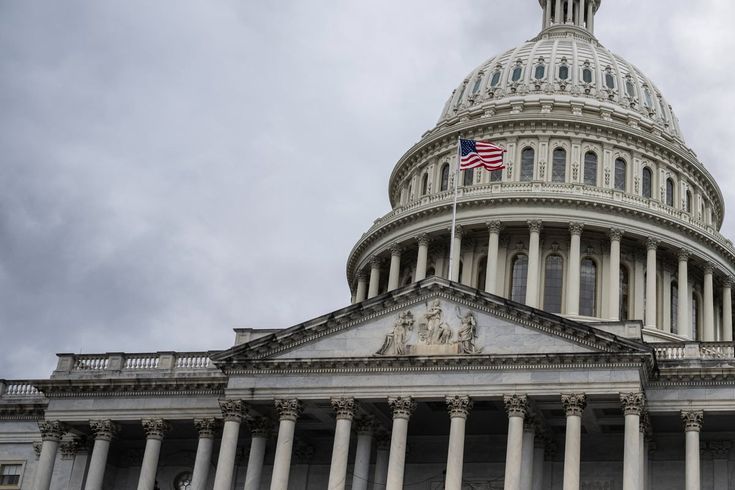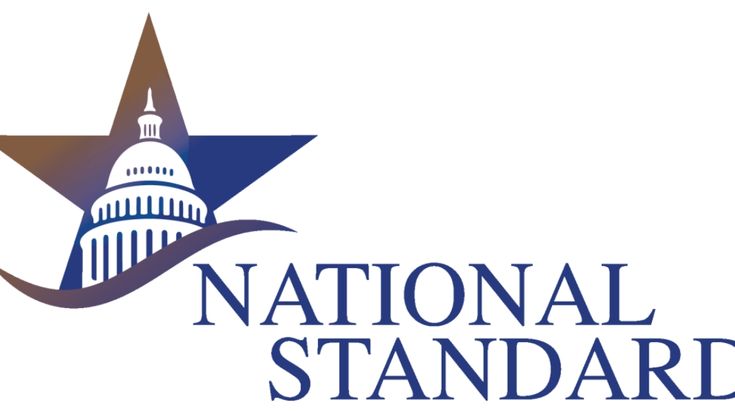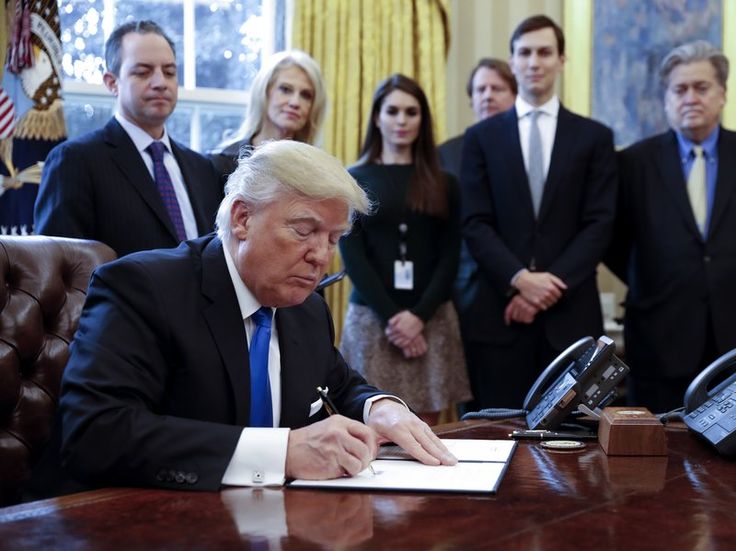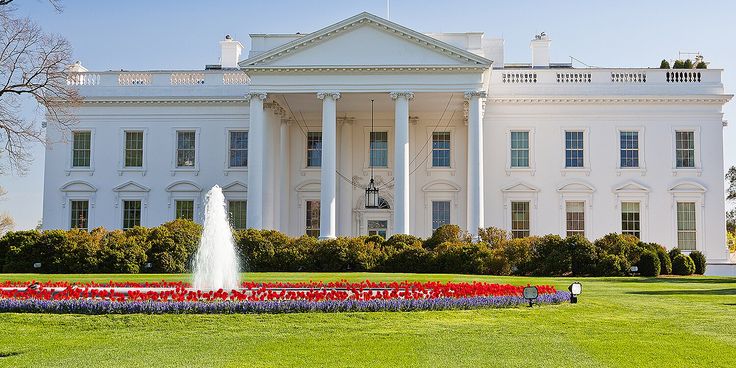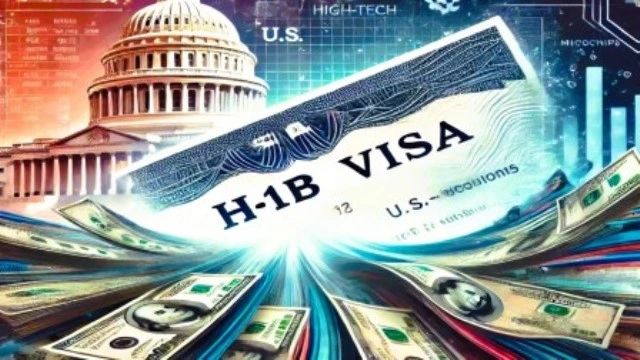
The United States government recently announced sweeping changes to its H-1B visa program, effective September 21, 2025. This significant policy change aims to prevent widespread abuse of the system, particularly practices where foreign workers, often employed in lower-paying positions, replace American workers—particularly in the rapidly evolving technology sector.
The new regulations are a concerted effort to ensure that the H-1B program fulfills its intended purpose:
attracting highly skilled professionals while protecting domestic employment opportunities. One of the most prominent features of this reform is the introduction of a substantial application fee. Employers wishing to hire foreign H-1B workers from outside the United States will now have to pay a fee of $100,000 per application. This substantial financial barrier is designed to discourage frivolous or exploitative use of the program, encouraging companies to carefully evaluate the need and fairness of foreign employment.
Thank you for reading this post, don't forget to subscribe!Revenue from these fees is expected to support enforcement initiatives and workforce development programs.
Despite the increased costs to employers, the policy clearly states that top-tier talent—experts with exceptional skills and experience—will be welcomed into the country, ensuring the United States remains a global hub of innovation and expertise. Furthermore, the policy includes a temporary ban on certain H-1B approvals, which will last for twelve months. During this period, the government will conduct a comprehensive federal review to assess the program’s effectiveness and identify existing problems.
Based on the findings, the ban may be extended to further tighten controls and prevent systemic abuses.
In addition to these measures, the government plans to revise the prevailing wage levels associated with H-1B employment. The goal is to prioritize high-skilled, high-paid workers, reducing the potential for low-paid foreign workers to displace American professionals. However, exemptions will be available in specific cases where the Secretary of Homeland Security determines that employment is in the national interest or enhances national security.
These provisions aim to strike a balance between the need for strict oversight and the recognition that certain strategic or critical roles deserve special attention. The H-1B visa program, which has historically allowed U.S. companies to hire foreign professionals in specialized fields such as information technology, engineering, and medicine, is thus entering a new era of reform. By tightening eligibility criteria, increasing application fees, and emphasizing high-skilled employment, the government is striving to create a more equitable and transparent system that benefits both American workers and the country’s economic competitiveness.
Recent amendments to the H-1B visa program mark a significant shift in immigration policy, aimed at prioritizing the safety of American workers and national interests.

The centerpiece of these changes is the introduction of a mandatory $100,000 payment that employers must submit when filing an H-1B application. This fee is designed as a security measure, but there are some notable exceptions. If the Secretary of Homeland Security determines that hiring a particular employee benefits the national interest without compromising security or welfare, the payment requirement may be waived. Importantly, these new rules apply only to foreign workers seeking initial entry into the United States.
They do not affect those Those who already hold H-1B visas or other valid statuses.
Employers are now required to have proof of payment before submitting their petition application. This documentation will be subject to verification by the Secretary of State, who will review the payment before approving any petition. To prevent abuse of visa categories, the rules explicitly prohibit the use of B visas for workers with a planned work-start date before October 1, 2026. This measure is intended to prevent potential abuse and ensure proper use of the visa.
Additionally, the Department of Labor is revising salary levels to address wage erosion and protect high-skilled workers.
The new salary structure will prioritize higher salaries for employees with advanced skills and significant experience, reducing the potential for entry-level pay cuts. This change underscores a broader effort to ensure that the H-1B program remains a means to attract top talent rather than a pathway for low-wage workers. Notably, IT outsourcing companies—major users of H-1B visas—will face increased scrutiny under these updated policies, reflecting a move toward greater oversight and accountability in visa use.
The H-1B visa program is a vital conduit for highly skilled foreign professionals seeking employment opportunities in the United States. Designed to attract talent in specialized fields such as technology, engineering, and research, the program has become an essential component of the U.S. immigration landscape. Since its inception under the Immigration Act in 1990, the H-1B program has provided temporary employment to foreign workers who possess at least a bachelor’s degree and demonstrate specific skills required by U.S. employers.
Initially, the primary purpose of the H-1B visa was to address skills shortages in the U.S. workforce. During the 1990s, as the technology sector experienced rapid growth and innovation, demand for highly skilled professionals surged. Major companies like Microsoft, Oracle, Google, and Amazon turned to the H-1B program to fill critical talent gaps by recruiting qualified candidates from abroad, particularly from countries like India and China. These countries became major sources of H-1B beneficiaries, with Indian citizens accounting for the majority of approved visas.
The H-1B visa structure is temporary, initially providing a three-year stay that can be renewed once, allowing a maximum six-year term.

The program operates under an annual limit of 65,000 visas, with an additional 20,000 visas reserved for applicants holding U.S. advanced degrees. Due to the high demand for these visas, the number of applications often exceeds the limit, leading to a lottery system to randomly allocate visas among qualified applicants. Over the past few years, Indian citizens have consistently topped H-1B approval statistics. Since 2015, Indian nationals have accounted for over 70% of all approvals, reflecting the vital role of Indian professionals in the US technology sector and research institutions.
This trend underscores the importance of the H-1B program in supporting the US economy by bringing in talented individuals who contribute to innovation, technological advancement, and economic growth. In conclusion, the H-1B visa program remains a cornerstone of the United States’ strategy to attract and retain top-tier global talent. Its growth and the expansion of its applicant pool are Demographic trends highlight the continued importance of skilled immigration in maintaining the country’s competitive edge in the global economy.
As demand continues to grow, debates are likely to continue regarding program reform and balancing immigration policies with domestic workforce considerations.
The H-1B visa program serves as a vital bridge between U.S. employers seeking specialized talent and highly skilled foreign professionals seeking to contribute to the U.S. workforce. Its primary purpose is to fill positions where there is a significant shortage of qualified domestic candidates, ensuring that critical industries continue to innovate and operate efficiently. Among various sectors, computer-related fields such as software development, information technology services, and cybersecurity make up the majority of H-1B visas granted.
These sectors are driven by rapid technological advancement and the continued demand for digital expertise, making H-1B sponsorship a common path for foreign professionals seeking employment in the United States. While the technology sector dominates, other industries also benefit from the program, albeit to a lesser extent. Sectors such as engineering, healthcare, and scientific research also rely on H-1B workers to fill specialized positions requiring advanced knowledge and skills. Engineers design infrastructure, healthcare professionals provide essential medical services, and researchers contribute to scientific breakthroughs—all of which are vital to the country’s economic and social well-being.
Employers who wish to sponsor H-1B workers are required to pay a variety of fees to cover administrative costs and ensure compliance with immigration regulations. The initial registration fee is US$215, which must be paid during the application process. Application fees vary depending on the size and type of employer; small entities and non-profit organizations typically pay around US$460, while larger firms pay around US$780. Additional optional costs may be incurred to improve the application process or demonstrate a commitment to workforce development.

Employers can choose to pay for premium processing services for a fee of US$2,805, which expedites the review of petitions.
Training costs ranging from US$750 to US$1,500 support programs aimed at preparing the domestic workforce for future competition. A US$500 fixed fraud prevention and detection fee helps maintain program integrity. Large employers are also subject to an additional US$4,000 fee under Public Law 114-113, which aims to promote fair hiring practices and prevent abuse of the visa system. Furthermore, fees associated with the asylum program are determined based on employer size, with nonprofits paying no fee and large companies paying up to US$600.
These varying costs reflect the program’s efforts to balance employers’ skilled labor needs with regulatory oversight and fairness in the immigration process. In short, the H-1B visa program plays a vital role in supporting the U.S. economy by attracting foreign talent to fill specialized positions across various industries. The associated fees and regulations, while complex, are designed to ensure that the program operates efficiently, ethically, and in the national interest.


